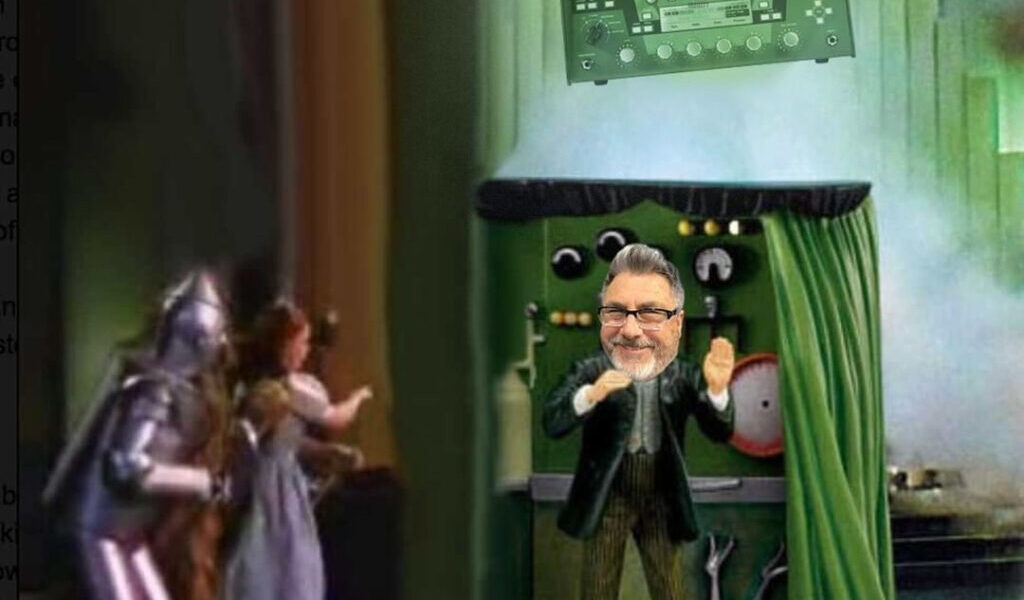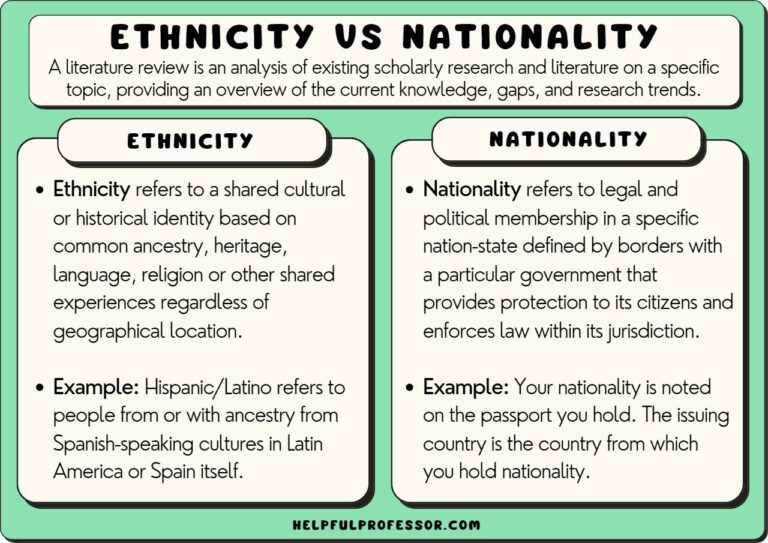Have you ever wondered what your secret nationality could be? In today's interconnected world, understanding one's heritage and cultural background has become more fascinating than ever. Many people are now exploring their roots, inspired by the rise of ancestry testing and global migration patterns. Discovering your secret nationality is not just about finding a new identity but also embracing the diversity that makes us unique.
This journey into "what's my secret nationality" is more than just a curiosity; it's a deep dive into history, genetics, and personal identity. As globalization continues to blur the lines between cultures, understanding where we come from has never been more important. It allows us to appreciate our ancestors' stories and connect with distant relatives across the globe.
Through this article, we will explore various aspects of discovering your secret nationality, including genetic testing, historical migrations, cultural influences, and how these elements shape our modern identities. Whether you're searching for answers about your family tree or simply interested in learning more about human migration patterns, this guide will provide valuable insights.
Read also:Burt Bacharach Spouse Discovering The Love Life Of A Musical Legend
Table of Contents
- Genetic Testing: The Key to Unlocking Your Secret Nationality
- Historical Migrations: Tracing Your Ancestral Path
- Cultural Influences: How Heritage Shapes Identity
- Understanding DNA Testing and Its Role in Nationality Discovery
- Migration Patterns: The Global Movement of People
- Ancestry Research: Uncovering Family Secrets
- Nationality Laws: Legal Aspects of Claiming a New Identity
- Cultural Identity: Embracing Your Roots
- Global Heritage: Celebrating Diversity
- Conclusion: What's My Secret Nationality?
Genetic Testing: The Key to Unlocking Your Secret Nationality
Genetic testing has revolutionized the way we explore our heritage. By analyzing DNA samples, scientists can determine the regions where our ancestors lived thousands of years ago. This technology helps answer the question "what's my secret nationality" by providing detailed reports on ethnic mixes and migration patterns.
Key Benefits of Genetic Testing:
- Identifies specific regions of origin
- Provides insights into ancient migrations
- Connects with distant relatives through shared DNA
- Offers a comprehensive view of ethnic diversity
Types of Genetic Tests
There are several types of genetic tests available, each focusing on different aspects of ancestry:
- Autosomal DNA Test: Analyzes DNA inherited from both parents, offering insights into recent and distant ancestors.
- Y-DNA Test: Traces paternal lineage through the Y chromosome, passed down from father to son.
- mtDNA Test: Examines maternal lineage through mitochondrial DNA, inherited from the mother.
Historical Migrations: Tracing Your Ancestral Path
Understanding historical migrations is crucial when exploring "what's my secret nationality." Throughout history, humans have moved across continents due to various factors such as trade, conquest, and climate change. These movements have shaped modern populations and created the diverse world we live in today.
Major Migration Events:
- Out of Africa Theory: Suggests that all modern humans originated in Africa and spread across the globe around 60,000 years ago.
- Bering Land Bridge: Enabled early humans to migrate from Asia to North America during the last Ice Age.
- Viking Expansion: Norse explorers settled in regions like Iceland, Greenland, and parts of North America.
Impact of Colonization
Colonial expansion significantly influenced global migration patterns. European powers established colonies worldwide, leading to the exchange of cultures, languages, and genes. This historical context is essential when investigating your secret nationality.
Read also:Emergency Roofing Miami Your Ultimate Guide To Immediate Roof Repairs
Cultural Influences: How Heritage Shapes Identity
Culture plays a vital role in shaping our identity. Traditions, languages, and customs passed down through generations contribute to the concept of nationality. When asking "what's my secret nationality," it's important to consider how cultural influences affect personal identity.
Significance of Cultural Heritage
Cultural heritage encompasses tangible and intangible elements that define a community's identity:
- Tangible Elements: Artifacts, monuments, and historical sites.
- Intangible Elements: Language, music, dance, and traditional practices.
Understanding DNA Testing and Its Role in Nationality Discovery
DNA testing has become increasingly accessible, allowing individuals to explore their genetic makeup and answer the question "what's my secret nationality." Companies like 23andMe and AncestryDNA offer affordable kits that provide detailed reports on ethnic origins and potential relatives.
How DNA Testing Works
The process involves collecting a DNA sample, usually through saliva, and sending it to a laboratory for analysis. Scientists then compare the sample against extensive databases to identify genetic matches and determine regional origins.
Migration Patterns: The Global Movement of People
Migration patterns have significantly impacted the distribution of ethnic groups worldwide. Understanding these patterns helps uncover the hidden layers of identity associated with "what's my secret nationality." Modern migration continues to shape global demographics, creating new opportunities for cultural exchange.
Contemporary Migration Trends
- Urbanization: People moving from rural areas to cities for better economic opportunities.
- Refugee Crises: Forced displacement due to conflict or persecution.
- International Students: Young people studying abroad, contributing to cultural diversity.
Ancestry Research: Uncovering Family Secrets
Conducting ancestry research provides valuable insights into family history and helps answer the question "what's my secret nationality." By examining historical records, such as birth certificates and immigration documents, individuals can piece together their family tree and uncover surprising connections.
Tools for Ancestry Research
Various online platforms and resources assist in ancestry research:
- FamilySearch: A free genealogy website offering access to billions of historical records.
- Findmypast: A subscription-based service specializing in British and Irish records.
- Census Records: Government surveys that document population demographics over time.
Nationality Laws: Legal Aspects of Claiming a New Identity
Claiming a new nationality based on ancestral ties requires understanding relevant laws and regulations. Each country has specific criteria for citizenship, often involving proof of descent or residence. Exploring "what's my secret nationality" may lead to discovering dual or multiple citizenship possibilities.
Requirements for Citizenship
- Descent: Proving lineage from a citizen of the desired country.
- Residence: Meeting residency requirements for naturalization.
- Marriage: Marrying a citizen of the desired country may expedite the process.
Cultural Identity: Embracing Your Roots
Embracing cultural identity is an essential part of understanding "what's my secret nationality." By celebrating heritage and learning about ancestral traditions, individuals can form a deeper connection with their roots. This exploration fosters a sense of belonging and pride in one's unique background.
Ways to Celebrate Cultural Identity
- Participate in cultural festivals and events.
- Learn traditional languages and dialects.
- Explore culinary traditions through authentic recipes.
Global Heritage: Celebrating Diversity
Global heritage represents the collective history and achievements of humanity. Recognizing the diversity within our shared past promotes mutual respect and understanding. As we investigate "what's my secret nationality," we also celebrate the richness of human experience and the interconnectedness of all cultures.
Conclusion: What's My Secret Nationality?
Discovering your secret nationality is a journey of self-discovery that combines science, history, and personal reflection. Through genetic testing, historical research, and cultural exploration, you can uncover the hidden layers of your identity and embrace the diversity that makes you unique.
We encourage readers to share their experiences and findings in the comments below. Have you taken a DNA test? What surprising results did you uncover? Continue exploring related topics on our website and join the conversation about global heritage and cultural identity.

